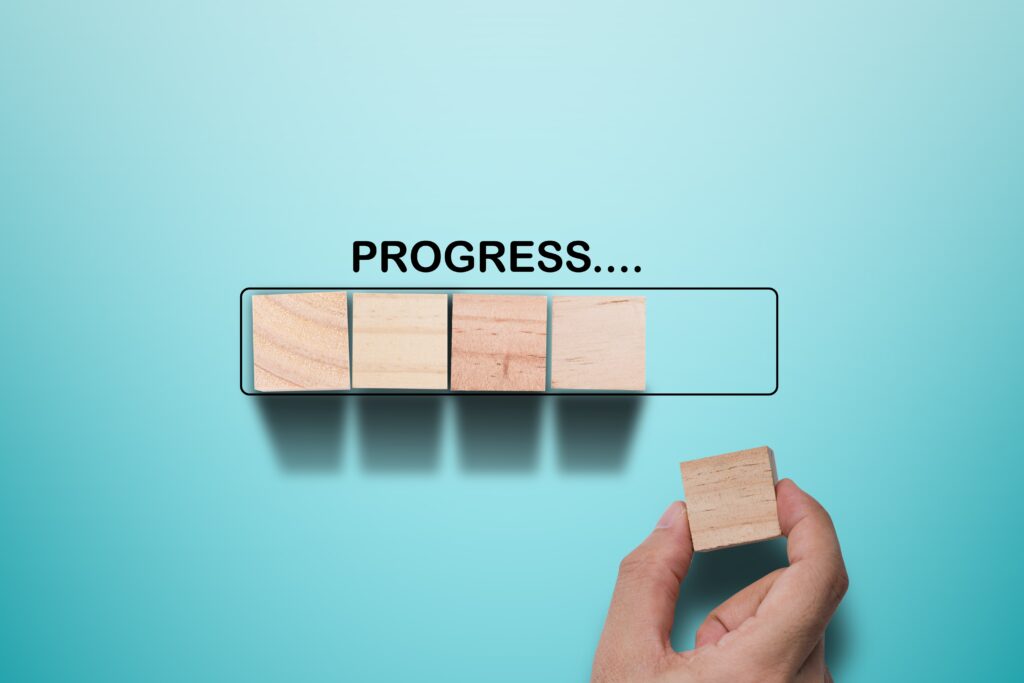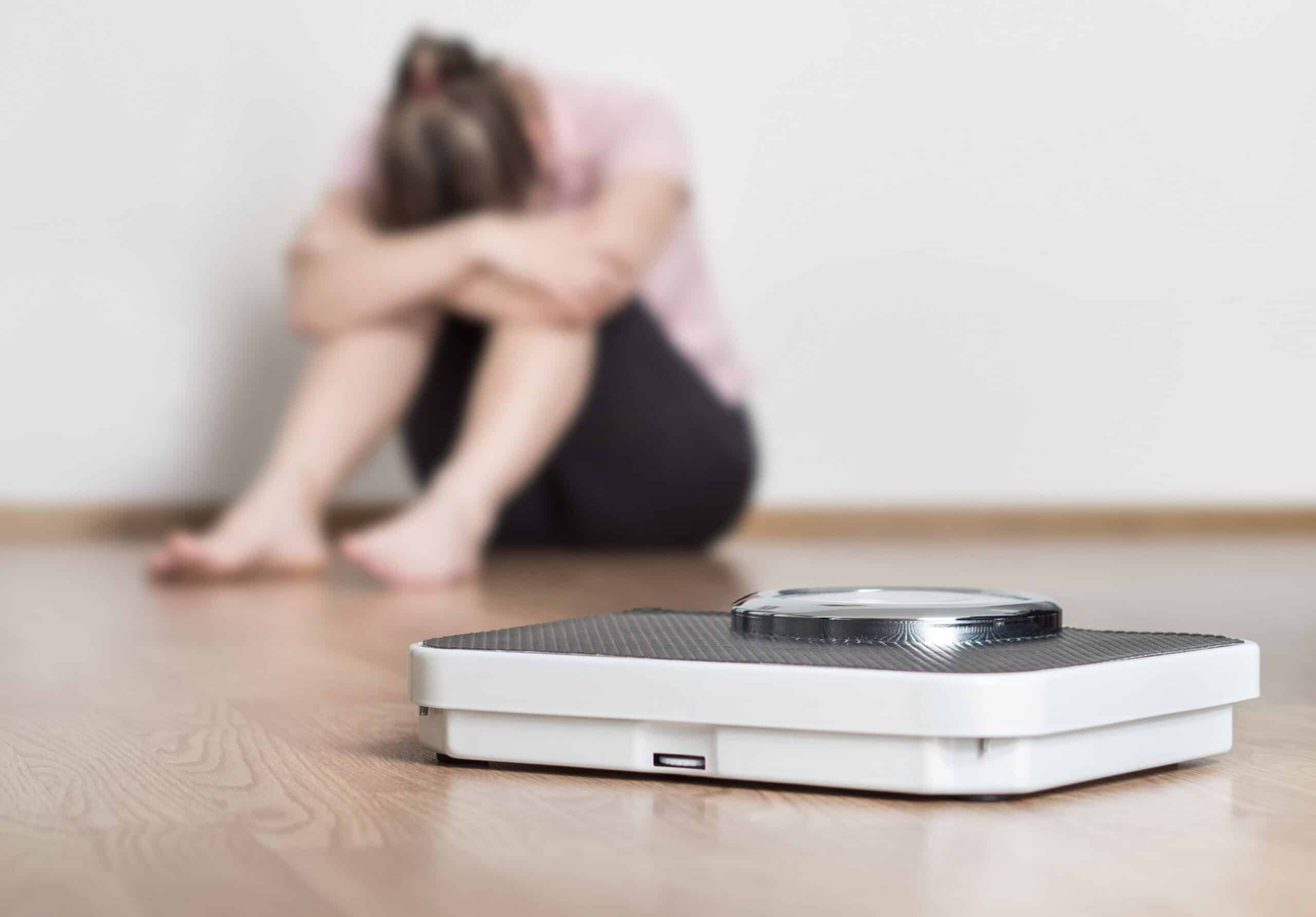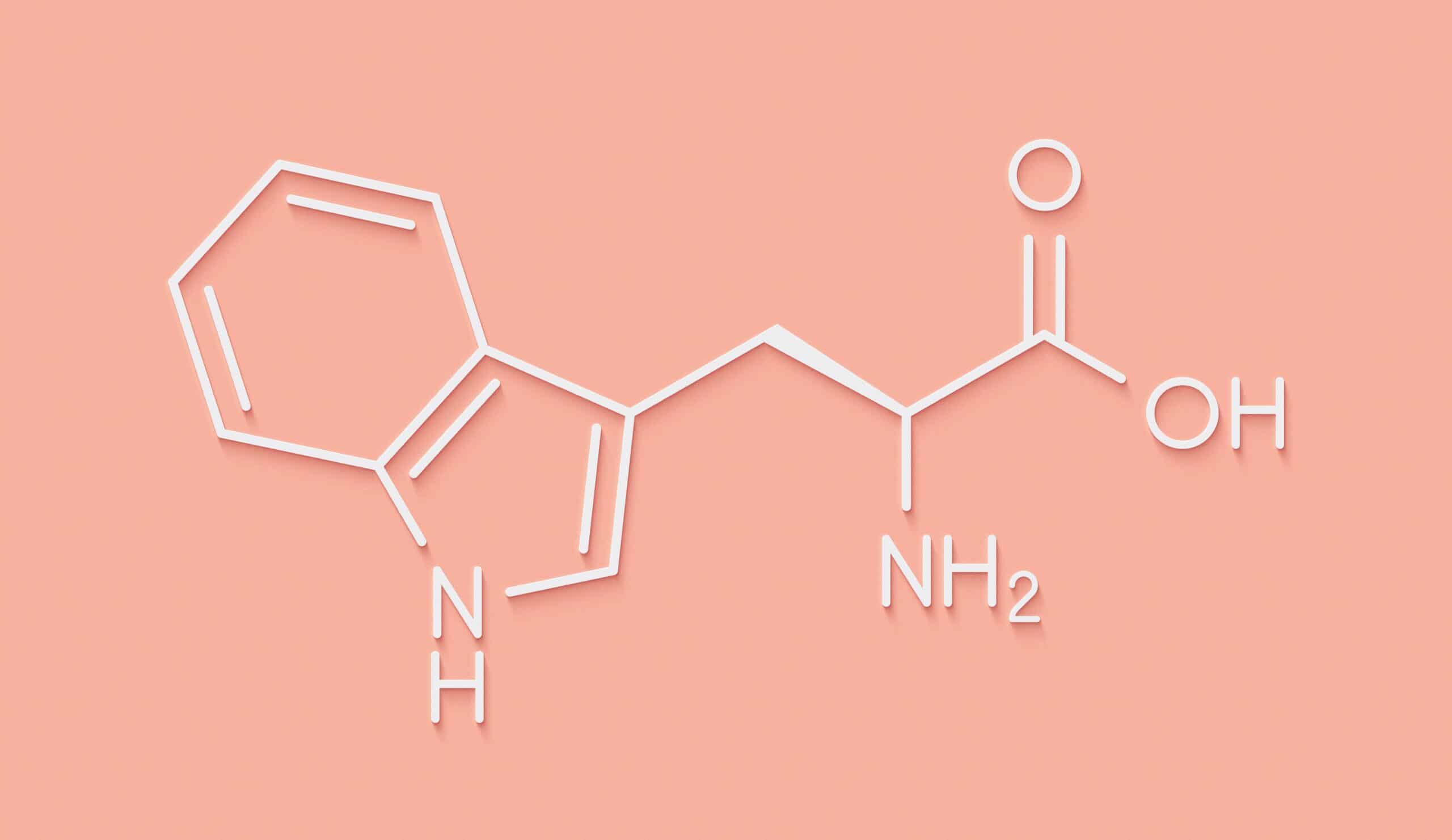What to expect during recovery
There is no one-size-fits all approach to recovery, just as there is no singular experience of an eating disorder. That being said, there are some general stages most people go through when recovering from an eating disorder. In this post we will discuss these stages and what they involve.
Recovering from an eating disorder is rarely a straightforward path, your readiness and experience of the journey will be changing and that’s okay. We have an article on preparing for recovery and knowing you’re ready – as well as accepting that this may involve a degree of change.
It should be noted that recovery might be a lifelong journey, and there are many angles with which to approach recovery – the below stages are one of many models of recovery.
Stage 1: Denial and Isolation
In this stage, the person suffering might not want to admit they have a problem. This can be through hiding eating habits from friends and family or denying there is anything wrong. In the stages of change model this is referred to as pre-contemplation, where the benefits an individual believes the eating disorder provides, such as control, outweigh the cost of the disorder3.
This stage has the same name as a stage in the grief model, and for some this can be seen as the loss of self within the eating disorder. Self-efficacy, self-directedness and self-concept have been found to be lower in those with eating disorders than healthy controls4 and the creation of a new self-schema for recovery to occur.
Eaton5 points out that for some their eating disorder is internalised, and therefore seen as integral to both their identity and their survival.
The disorder acts like a life jacket for everyday life, and understandably the person suffering doesn’t want to part with it.
Research2,5 tends to indicate eating disorders may escalate to a pinnacle before the ‘turning point’ that initiates the start of recovery, whether this point is a person or event related to or separate from their eating disorder. For example, one individual experienced a car crash and appreciated the value of life2, initiating recovery as opposed to an eating disorder side effect.
This can be a difficult stage to move forward from and support from loved ones is important at this point. Feeling isolated and unsupported, as well as misunderstood, shamed or blamed increases an individual’s need to remain trapped in their eating disorder5.
Stage 2: Awareness and Acceptance
The person may realise they have a problem, and they need to take action to recover. This stage often occurs when individuals acknowledge the negative consequences of an eating disorder, particularly medical2 such as increased heart rate, or light headedness.
In regard to the stages of change model this may encompass contemplation, determination and action3.
- Contemplation: Wanting to change but conflicted between the safety of current eating disorder behaviours and changing.
- Preparation: Deciding to change, no action implemented yet but initial steps to seek help and support may be taken. The individual may still be undecided.
- Action: The initial engagement with treatment, this leads into treatment and recovery.
Stage 3: Treatment and Recovery
The person seeks out professional help to recover, and say goodbye to their disorder – “I had to cut the rope to what had been my life jacket” 5
The definition of recovery varies, with some individuals using the DSM-5 criteria for the eating disorder in question and seeing if they continue to meet this criterion. Often there is also a specific weight gain goal for those with various disorders, but in recent years there has also been a focus on psychological and behavioural changes as well4.
In this phase, individuals start to gain control and re-join society2,5 by connecting with not only professionals but friends and family members. They commit to valuing life outside of their eating disorder, embracing the freedom that comes with this and establishing their identity free from the disorder5.
The road to recovery is not linear and although this newfound freedom leads to feelings such as “getting better is worth it” 1, disappointment is also common with necessary side effects such as gaining weight, or their post-recovery life not meeting their expectations.
Individuals may experience relapses and re-enter recovery, and it is seen as a cyclical process which can be re-entered and started from baseline.
“I wandered through 2-3 years in a fog, so it’s great to recover step by step”1
Stage 4 and onwards: Life after recovery
At this stage individuals will have coping strategies in place to support life after recovery and have built a support network – whether it be friends, family, or an eating disorder professional.
“If you can recover from an eating disorder, there’s not much you can’t do”5
The most important aspect of recovery is for an individual to feel supported and understood. At Embody Health London, our team of dietitians specialise in helping people restore their relationship with food and normalise their eating habits.
You can contact us at [email protected] to request a free enquiry call to chat about how we can help you to improve your relationship with food and your body.
Kacie Shoulders, ANutr
Team EHL
References
Keski-Rahkonen and Tozzi 2005, The process of recovery in eating disorder sufferers’ own words: An Internet-based study https://onlinelibrary.wiley.com/doi/abs/10.1002/eat.20123
D’Abundo and Chally 2004, Struggling with Recovery: Participant Perspectives on Battling an Eating Disorder https://journals.sagepub.com/doi/abs/10.1177/1049732304267753
National Eating Disorders Collaboration, Stages of Change https://nedc.com.au/eating-disorders/treatment-and-recovery/stages-of-change/
Bardone-Cone et al 2010, Aspects of Self-Concept and Eating Disorder Recovery: What Does the Sense of Self Look Like When an Individual Recovers from an Eating Disorder? https://guilfordjournals.com/doi/epdf/10.1521/jscp.2010.29.7.821
Eaton 2019, Eating Disorder Recovery: A Metaethnography https://journals.sagepub.com/doi/pdf/10.1177/1078390319849106














